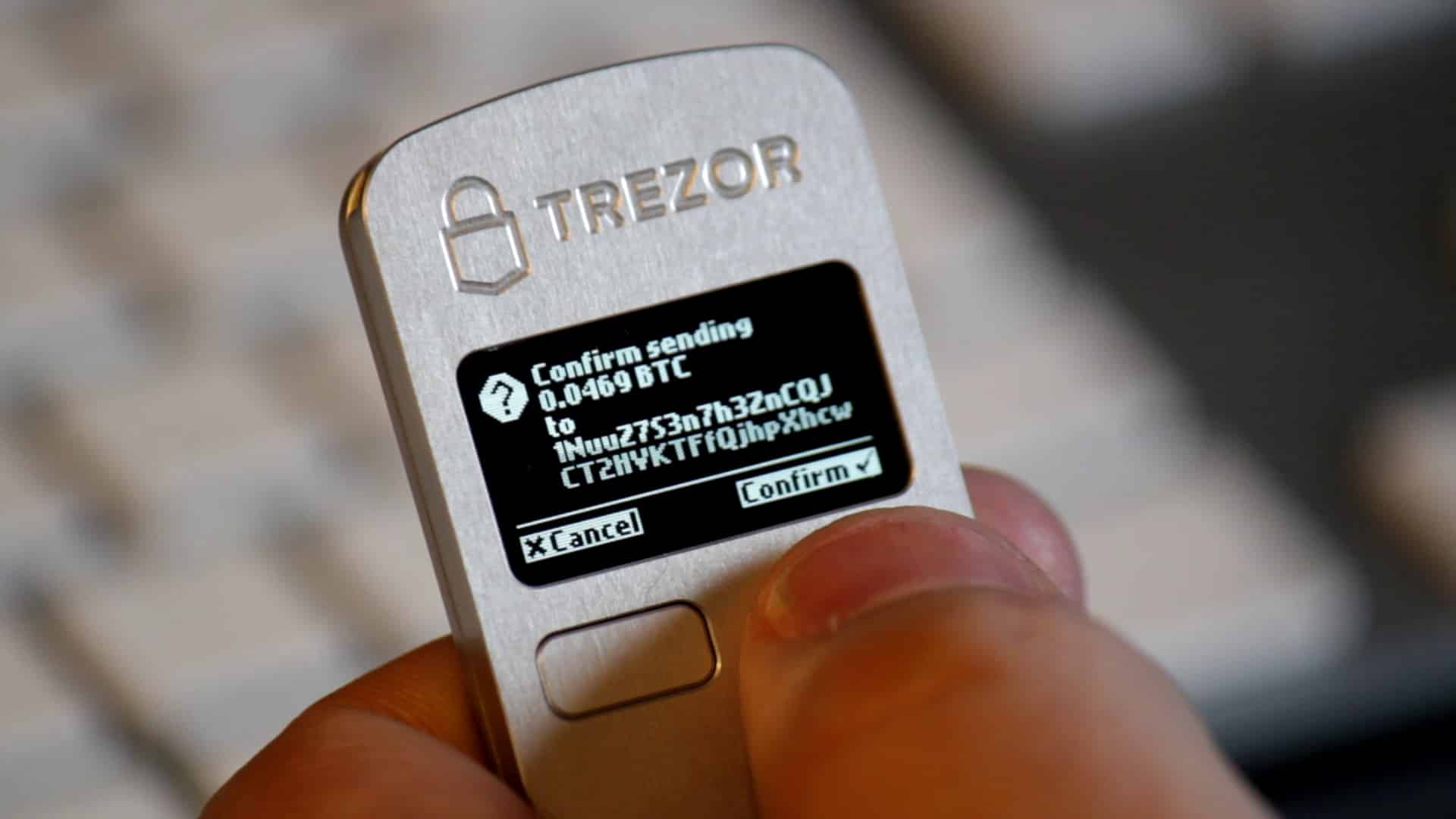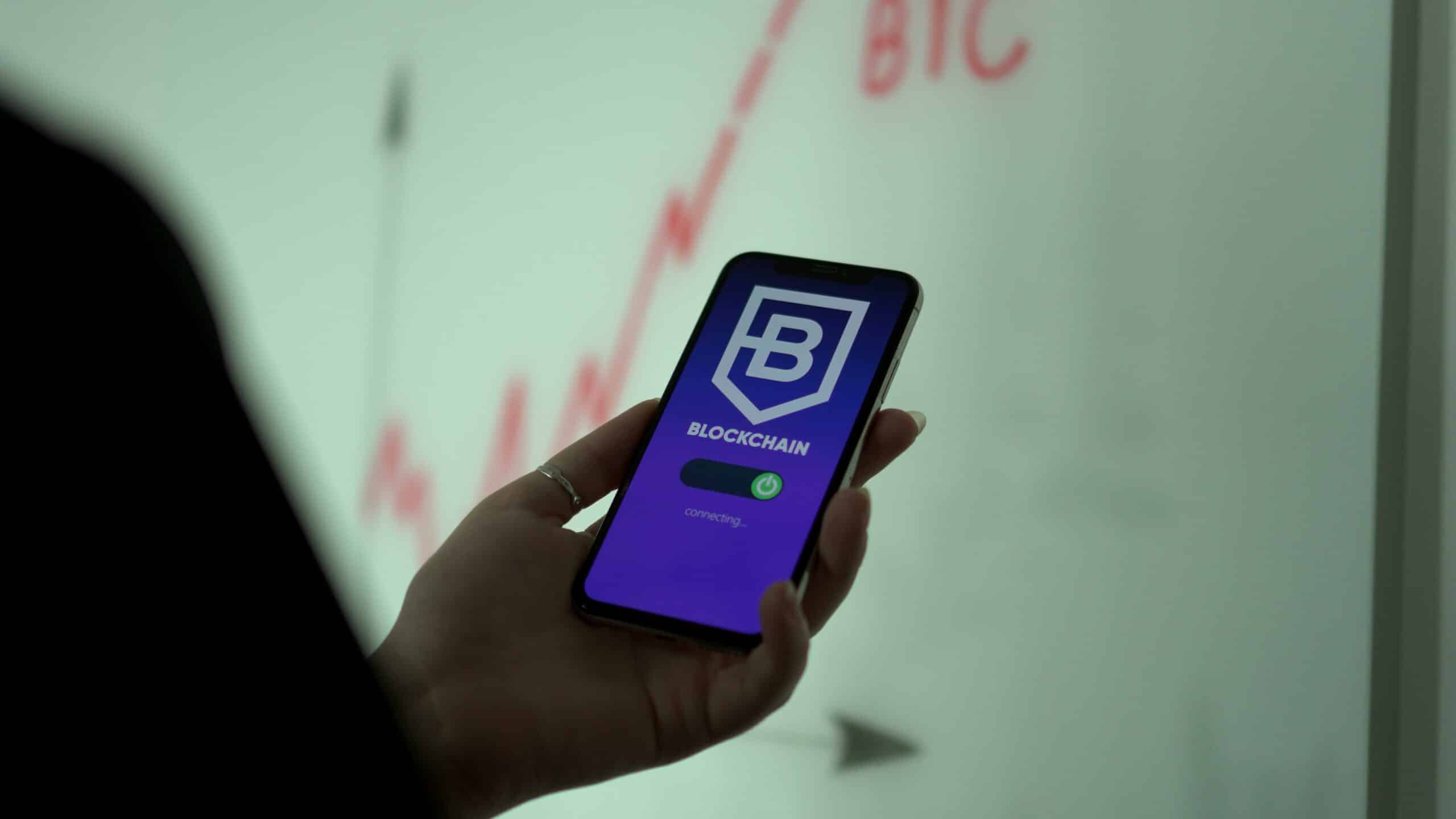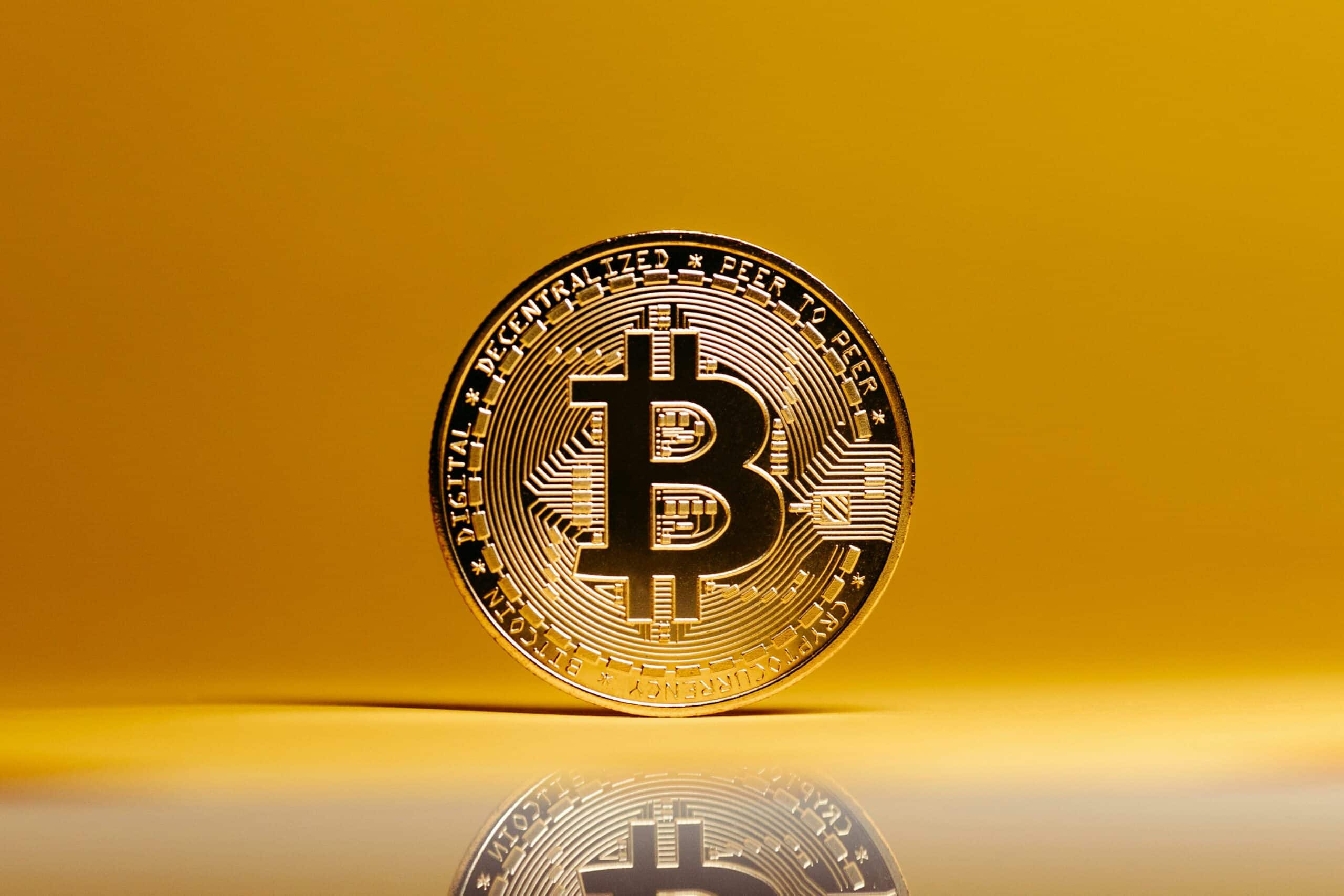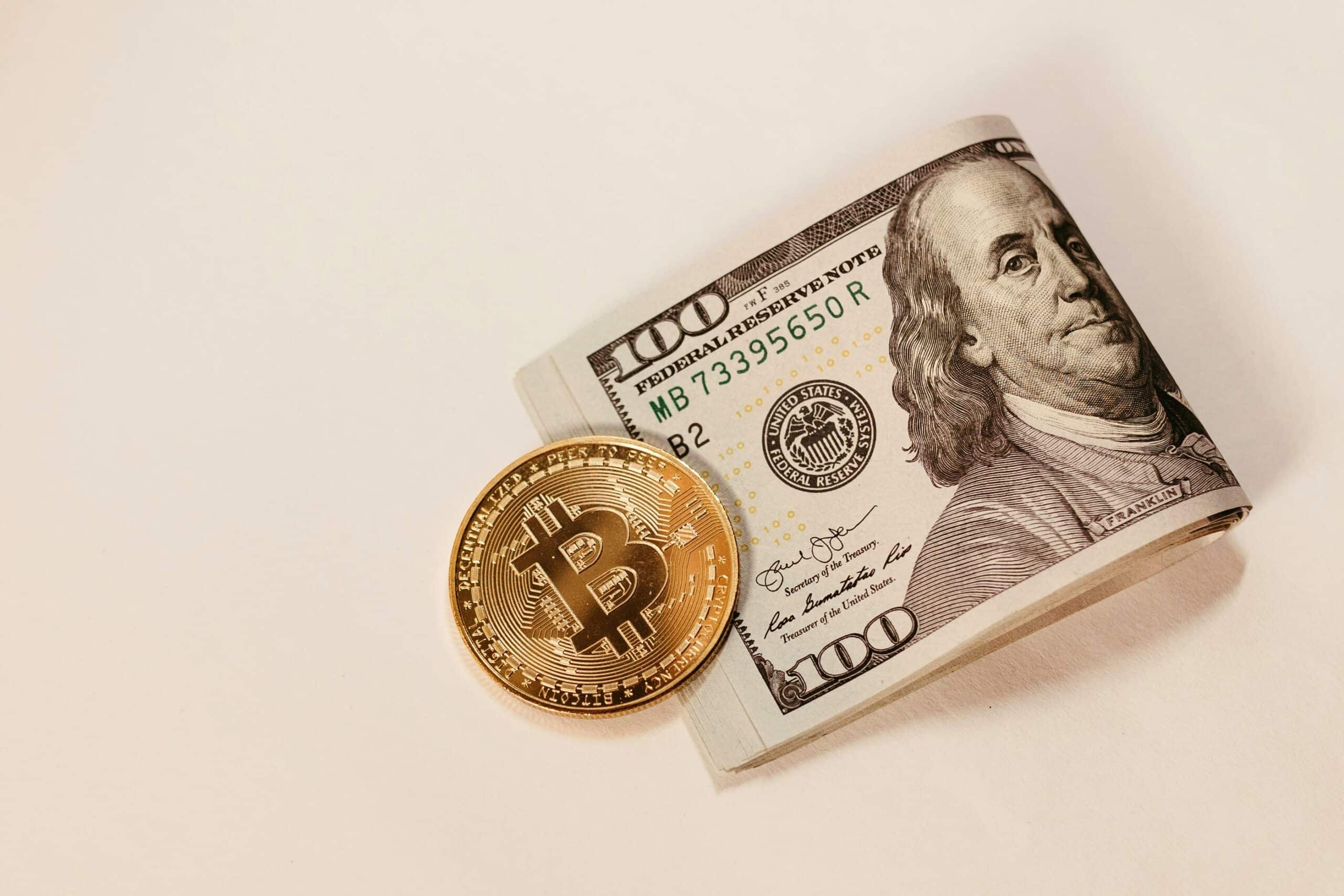A crypto wallet is to cryptocurrency as a bank account is to traditional currency.
Choosing the right crypto wallet is a crucial decision for any crypto enthusiast. One option that stands out in terms of features and advantages, catering to both beginners and experienced users, is the Trezor crypto wallet.
In this article, we will provide more information on the Trezor wallet models and take a look at their pros and cons to see how they compare to other wallets in the market.
Table of Contents
What Is a Trezor Wallet?
A Trezor Wallet is a hardware cryptocurrency wallet designed to securely store and manage digital assets. It is one of the pioneering products in the cryptocurrency hardware wallet industry, created by SatoshiLabs and first introduced in 2014.
The primary purpose of the Trezor wallet is to provide a high level of security for users’ cryptocurrencies, offering a cold storage solution that keeps the private keys offline, away from potential cyber threats.
Unlike software wallets that operate on internet-connected devices, a Trezor Wallet is a physical device resembling a USB stick with an embedded screen. It acts as an intermediary between your computer or smartphone and the blockchain network, ensuring a secure and private environment for managing your digital assets.
The Trezor Wallet supports a wide range of cryptocurrencies, making it versatile and suitable for users with diverse investment portfolios. It also provides essential features like PIN and passphrase protection, enabling users to add an extra layer of security to their accounts. The device is compatible with various operating systems, including Windows, Mac, and Linux.
To use a Trezor Wallet, users simply connect the device to their computer or phone via USB and access their wallet with a secure PIN code. They can then initiate transactions, sign messages, and manage their cryptocurrency holdings without exposing their private keys to potential online threats.
How Do Trezor Crypto Wallets Work?

Trezor was a revolutionary product when first presented in 2014 by SatoshiLabs. It became the world’s first cryptocurrency hardware wallet, providing security measures that exceed any other crypto wallet solution. Trezor not only keeps your coins offline in uncompromised cold storage, but it also supports over 2,000 coins, such as Bitcoin (BTC), Ethereum (ETH), Litecoin (LTC), Zcash (ZEC), and Bitcoin Cash (BCH). The Trezor hardware wallet is a tiny device that is both highly portable and convenient to use. Compatible with Windows, Mac, and Linux operating systems, users simply connect the USB device to their computer, laptop, or phone and access their wallet with a secure PIN code.
It works as an intermediary between your real money and crypto; the user can easily transfer their funds from the wallet to a third-party exchange or vice versa. When it comes to security, Trezor leads the way. With easy wallet recovery, PIN, and passphrase protection, as well as a password manager, you can be sure that your digital assets will stay safe in your Trezor account.
The Advantages of the Trezor Crypto Wallet
The Trezor Wallet offers a wide array of benefits that cater to the needs of crypto enthusiasts. By exploring its unique features, you can gain valuable insights to determine if this secure and user-friendly wallet is the perfect fit for safeguarding your digital assets.
1. Security and Asset Support
When it comes to safeguarding your precious crypto, storing sensitive data offline is the ultimate safety measure. Trezor, the world’s first cryptocurrency hardware wallet, offers unmatched security features, ensuring your coins are safe in cold storage.
With support for over 2,000 coins, it caters to diverse digital assets, making it a robust choice for crypto holders.
2. User-Friendly and Secure
Beyond security, Trezor wallets excel in user-friendliness. The built-in screen keeps sensitive information secure, including PIN codes, private key backup phrases, and transaction confirmations.
Its exceptional data protection encryption sets it apart as one of the safest crypto wallet options available. Beginners can quickly get started with Trezor thanks to its simple setup process and intuitive user interface.
Another great feature is the Trezor Suite app, which includes streamlined portfolio management, exchange rate monitoring, and instant cryptocurrency purchases, all in one secure place.
The Disadvantages of the Trezor Crypto Wallet
Like any product, the Trezor Crypto Wallet has its drawbacks. Let’s explore some of the disadvantages that certain users may experience with the Trezor hardware wallet.
1. Slower Speed of Operations
No product is without downsides, and the Trezor Crypto Wallet is no exception. The main drawback is the relatively slower speed of operations compared to hot wallets, making it less optimal for frequent traders who require quick transactions.
2. Price
Trezor wallets are slightly more expensive than some hardware wallets and notably costlier than software wallets. Budget-conscious users should weigh the enhanced security features against the price.
3. Learning Curve
The learning curve for using the Trezor Wallet can be initially challenging, especially for those new to the cryptocurrency world. However, with some patience and willingness to understand digital currencies, users can quickly grasp its functionalities and benefit from its robust security features.
Available Trezor Models

Trezor offers a focused selection of two highly capable and reliable models: the Trezor Model One and the Model T.
Trezor One vs. Trezor Model T
Both Trezor models offer top-notch security and offline storage for cryptocurrencies. The choice between the Trezor One and Model T largely depends on individual preferences and requirements.
Let’s take a look at a side-by-side comparison of the Trezor One and the Model T:
Trezor One
- Design: The Trezor One is the original hardware wallet and features a compact USB-like design for connecting to your computer.
- Coin Support: It provides secure storage for over 1000 assets, including popular cryptocurrencies like Bitcoin and Ethereum.
- User Base: Suitable for both beginners and experienced crypto holders, offering a reliable and user-friendly experience.
- Display: It does not have an LCD touchscreen.
- Price: The Trezor One is generally more affordable than the Model T.
Trezor Model T
- Design: The Trezor Model T is the next-generation hardware wallet and includes an LCD touchscreen for enhanced security and user interactions.
- Coin Support: It supports an extensive range of coins, including all ERC20 tokens, making it ideal for users with diverse cryptocurrency portfolios.
- User Base: The Model T caters to users seeking advanced features and comprehensive coin support, making it a popular choice for cryptocurrency enthusiasts.
- Display: The inclusion of an LCD touchscreen provides a more intuitive user experience and added protection during transactions.
- Price: The Trezor Model T is typically more expensive compared to the Trezor One, reflecting its advanced features and broader coin support.
Leading Crypto Hardware Wallets: Features and Comparisons
In this section, we will take a look at some of the leading crypto hardware wallets and explore their unique features and functionalities. By comparing these top brands, you can make an informed decision to find the perfect wallet that suits your cryptocurrency storage needs.
Trezor
- Design: Trezor offers two models, the Trezor One with a compact USB-like design and the Model T with an LCD touchscreen for enhanced user experience.
- Coin Support: It provides secure storage for over 2,000 cryptocurrencies, making it versatile for users with diverse investment portfolios.
- User Base: Suitable for both beginners and experienced crypto holders, offering a reliable and user-friendly experience.
- Display: The Model T comes with an LCD touchscreen, while the Trezor One does not have this feature.
- Price: Trezor wallets are priced slightly higher compared to some other hardware wallets, reflecting their advanced security features.
Trezor vs. Ledger
- Design: Ledger offers various hardware wallet models, each with its unique design and form factor.
- Coin Support: It supports over 1,800 cryptocurrencies, offering a comprehensive range of digital assets.
- User Base: Catering to a wide range of users, Ledger provides hardware wallets suitable for both novices and seasoned crypto enthusiasts.
- Display: Ledger devices come with small screens to display transaction information and verify operations securely.
- Price: Ledger hardware wallets are generally more affordable compared to some other high-end hardware wallets, making them accessible to different budget ranges.
Trezor vs. SafePal
- Design: SafePal hardware wallet features a secure and air-gapped design, offering an additional layer of protection.
- Coin Support: SafePal supports over 10,000 cryptocurrencies, making it ideal for users with diverse portfolios.
- User Base: With a user-friendly mobile app, SafePal is particularly appealing to users who prefer managing assets on the go.
- Display: SafePal provides a mobile-oriented design with its app acting as the primary interface for wallet operations.
- Price: SafePal hardware wallet is more affordable compared to some other high-end hardware wallets, offering competitive pricing for its features.
Trezor vs. Keevo
- Design: Keevo hardware wallet features a sleek and modern design, providing a premium look and feel.
- Coin Support: It supports over 1,200 cryptocurrencies, covering a wide range of digital assets.
- User Base: Keevo’s biometric fingerprint recognition and simple setup process make it suitable for beginners and security-conscious users.
- Display: Keevo provides a display for transaction verification and management.
- Price: A Keevo wallet is priced moderately, offering a balance between security features and affordability.
Trezor vs. Zengo
- Design: Zengo hardware wallet is keyless and non-custodial, providing a unique approach to wallet security.
- Coin Support: It supports a wide range of popular cryptocurrencies, making it suitable for most users.
- User Base: Zengo emphasizes simplicity and accessibility, appealing to users who prefer a hassle-free setup process.
- Display: Zengo operates without a physical display, utilizing the app as the primary interface for wallet operations.
- Price: A Zengo wallet is competitively priced, offering an affordable option for users seeking an easy-to-use wallet.
Trezor vs. Guarda
- Design: Guarda offers hardware wallets with multi-platform support, including desktop, mobile, and web versions.
- Coin Support: It supports over 10,000 cryptocurrencies, making it ideal for users with diverse portfolios.
- User Base: With a focus on additional services like staking and buying with a bank card, Guarda caters to users seeking more than just basic wallet functionalities.
- Display: Guarda wallets rely on the connected device’s interface for wallet operations.
- Price: A Guarda wallet is moderately priced, providing additional services and extensive coin support for its value.
Trezor vs. KeepKey
- Design: KeepKey hardware wallet features an aluminium build, offering enhanced durability and a premium look.
- Coin Support: It supports over 1,200 cryptocurrencies, covering popular digital assets.
- User Base: KeepKey is known for its user-friendly setup process, making it suitable for beginners and experienced users alike.
- Display: KeepKey comes with a large and easy-to-read display, ensuring a clear view of transaction details.
- Price: KeepKey hardware wallet is competitively priced, providing an affordable option for users seeking a simple and secure wallet.
Trezor vs. Software Wallets
Software wallets are ideal for everyday transactions due to their ease of use and faster processing times. However, when it comes to long-term safety, they can’t match the security level provided by hardware wallets like Trezor.
Trezor
- Advanced security features, including offline storage and encryption.
- Suitable for long-term storage and protection of cryptocurrencies.
- May have a slight learning curve but offers robust security.
Software Wallets
- Easy to use and quick for day-to-day transactions.
- Less secure than hardware wallets and susceptible to cyberattacks.
- Recommended for small amounts or frequent spending, not for long-term storage.
Final thoughts
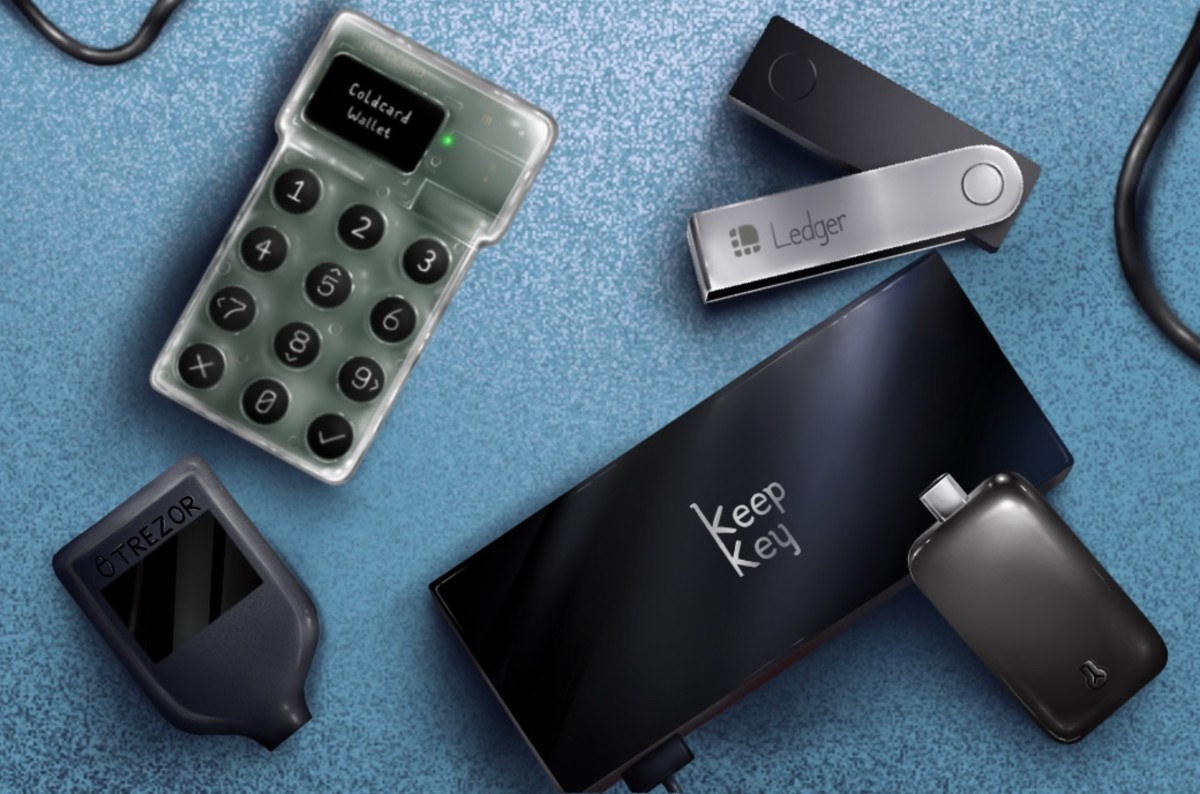
The Trezor Crypto Wallet stands out for its numerous advantages, particularly in terms of top-notch security and user-friendly experience. With its integrated features and competitive pricing, it deserves serious consideration as a trusted crypto wallet provider.
The final decision on which Crypto wallet to choose should always be based on individual needs and preferences. For those prioritizing comprehensive cold cryptocurrency storage, Trezor emerges as a top choice. By conducting thorough research and due diligence, you can confidently find the best digital asset storage solution that perfectly aligns with your requirements.
Enhance your knowledge of cryptocurrencies and stay updated on the latest trends by signing up for the Crypto Bookworms newsletter, which offers valuable insights and educational content about the exciting world of crypto.
FAQs
Is Trezor a good crypto wallet?
Yes, Trezor is widely regarded as a good crypto wallet. It was the world’s first hardware wallet and has a solid reputation for providing top-notch security for digital assets. Its user-friendly interface, offline storage, and support for a wide range of cryptocurrencies make it an excellent choice for both beginners and experienced users.
What are the disadvantages of the Trezor wallet?
While Trezor offers numerous advantages, there are some drawbacks to consider. One of the main disadvantages is the relatively slower speed of operations compared to hot wallets, which are better suited for quick transactions. Additionally, the price of Trezor wallets might be higher compared to some other hardware wallets, and beginners may find a slight learning curve when getting started.
Is it safe to use Trezor wallet?
Yes, using a Trezor wallet is considered safe. Trezor employs advanced security measures, such as offline storage of private keys, PIN and passphrase protection, and encryption, to ensure the safety of your cryptocurrencies. Its track record and reputation for security make it a reliable choice for cold storage.
Can a Trezor wallet be hacked?
Trezor wallets are designed to withstand hacking attempts and offer robust security features. While no system can be completely impervious to attacks, Trezor’s offline storage and encryption significantly reduce the risk of unauthorized access. As long as users follow best practices, such as setting strong PINs and passphrases, their digital assets should remain secure.
How many coins can a Trezor hold?
Trezor supports a wide range of cryptocurrencies and can hold multiple coins simultaneously. It currently supports over 2,000 coins, including popular ones like Bitcoin, Ethereum, Litecoin, and many others. Its versatility makes it suitable for managing diverse digital asset portfolios.
How long does Trezor last?
The longevity of a Trezor wallet depends on how well it is maintained and used. The hardware itself is durable and designed to last for years. As long as the device is kept in good condition and regular firmware updates are performed, a Trezor wallet can provide secure storage for an extended period.
Can Trezor hold any coin?
While Trezor supports a vast majority of cryptocurrencies, it might not be compatible with some extremely obscure or newly launched coins. However, it covers a wide range of popular coins, including major cryptocurrencies and ERC20 tokens, making it suitable for most users.
Is Trezor worth it?
Whether Trezor is worth it depends on your specific needs and preferences. If security and cold storage for cryptocurrencies are your top priorities, then Trezor is undoubtedly worth considering. Its robust security features and ease of use make it a valuable investment for those seeking to protect their digital assets for the long term.
https://youtu.be/OxSTe4y_okU
